How to Start Pepper Farming in Nigeria: Complete guide
How to Start Pepper Farming in Nigeria: Complete guide. Do you know that Pepper farming is one of the most profitable businesses in Nigeria and other countries of the world. Just like tomato farming and cucumber farming, pepper farming can be very lucrative. The most popular types of pepper eaten in Nigeria are habanero pepper, cayenne pepper, chilli pepper and sweet pepper.
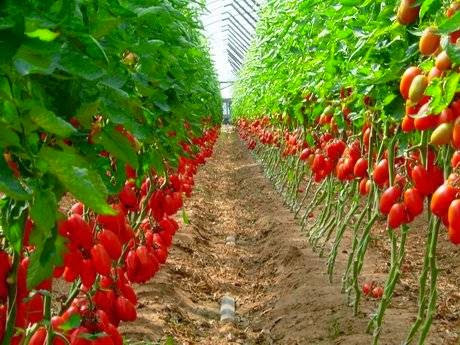
Pepper is a spicy vegetable used all over the globe. For now, Nigeria is the leading country as far as pepper is concerned in Africa followed by Ghana as China is the world leading producers. It was a popular believe that pepper can only do well in the North because they cultivate pepper in large quantities. Pepper farming is another area agribusiness minded persons should take a look at.
See Also: How To Start Vegetable Farming In Nigeria: Complete Guide
In this era of vertical farming pepper can be grown anywhere in Nigeria; in the North, south-west, South east, South south, North central etc. The idea of vertical farming is making farming easy and possible not minding the location and land availability. Pepper farming started from Central America were it is said to originate.
WHY YOU SHOULD CONSIDER PEPPER FARMING
Pepper has increased demand. Despite the fact that pepper is grown locally around us yet plenty of it is still been transported to the southern part of Nigeria from the North. It is therefore necessary for more people to go into pepper farming both for subsistence and exportation.
Vegetables, such as cucumber, watermelon may likely experience glut at the long run but pepper can never glut. This is because very few people considers going into pepper farming.
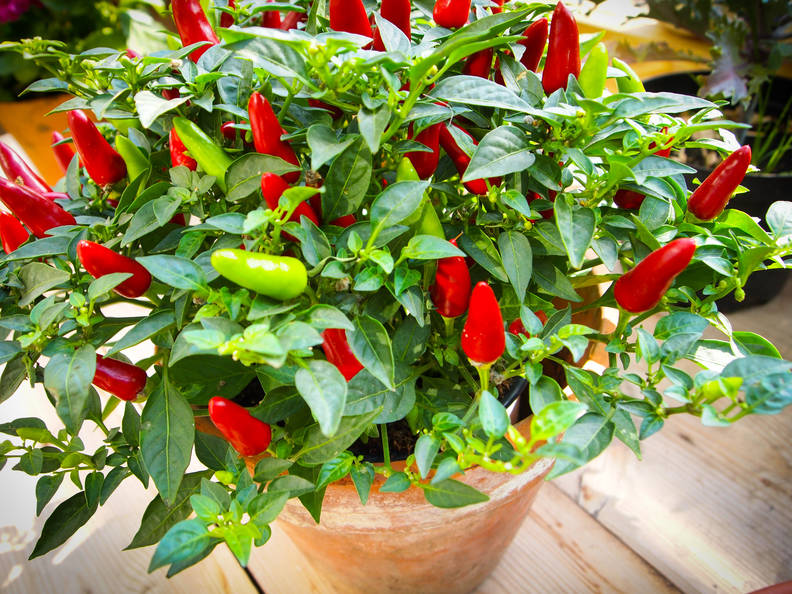
TYPES OF PEPPER
There are many kinds of pepper; they are grown according to regions and climatic conditions.
ATARODO
In Nigeria we have the commonest pepper atarodo, most people considers the smaller ones to the bigger ones due to its hotty nature.
SWEET PEPPER
This is the one most farmers are mostly cultivating now because of its price value. Sweet pepper is costlier than other peppers in the market.
Sweet pepper is mainly used for colouring of food especially fried rice and also mostly used in salad ingredients and in decoration of foods.
Others are Atawere (bird pepper) sombo (red pepper) tatashi.
LAND PREPARATION
After acquiring a land for this purpose clear the land and make beds on it. Threat the soil with insecticides in other to kill any insect that may pose a challenge to the crop. Pour organic manure which could be pig, cow or poultry dung on the bed. The distance of the bed should be 1m long and the row 1m as well. Pepper generally perform well in a sandy loam soil rich in organic matters
It is advisable to use Hybrid seeds because they are already treated against diseases. And it takes few months before they are matured for harvest.
Get a nursery tray filled it up with top soil mixed with compose. Spread the pepper on top and then mulch the tray. If you don’t have nursery trays you can use plastic rubbers or cement bags with wide mouth.
TRANSPLANTING
Depending on the sizes and the species of pepper planted, spacing should be 12-18 inches apart; beds should be raised to about 10 inches high.
Water the beds two to three days before transplanting into it. Do your transplanting in the evenings. Your beds should be close to the nursery so as to save the life of the pepper seedlings. In pepper farming the seedlings should be transplanted to the farm 8-10 weeks after planting in nursery.
GERMINATION
Most pepper seeds sprout in about 7 days at a temperature of 70-80 degrees F. This depends on the variety planted. Germination for hot peppers can be delayed, to hasten it cover the nursery with a transparent material and carefully remove it when the seed starts sprouting.
WATERING
Pepper farming needs plenty water because the plant consumes a lot of water, from germination to harvest. Water should be applied moderately. Waterlog soil is not good for pepper cultivation that is why a well drain sandy-loam soil is needed for the planting. So that it can hold enough moisture to keep the crops growing. The organic manure added to the soil will help in retaining moisture too. Use white substance for mulching to prevent too much water from evaporating during the day.
FERTILIZER APPLICATION
During transplanting you can use dry poultry waste (rich in Nitrogen), wood such as sawdust is rich in potassium. You can also use bone meal get it from abattoir, it is rich in phosphorus. Apply more manure during blossoming and fruiting prior to harvesting. This will make the plant to produce well. For a person that wants to use inorganic fertilizers you can apply NPK 15-15-15 or buy liquid fertilizers from GNLD.
Pepper plants are light feeders it is therefore not good to apply too much fertilizer because it will make the plant to develop hush foliage instead of fruiting
WEEDING
Weeding should be done twice before harvesting. Do not allow weeds in your farm they carry pests and diseases. They can spread fungi and virus to healthy pepper plants close to them.
STAKING
It is very important to stake pepper plant because they increase in weight as they develop. In order to prevent damages, trellis the pepper plant to a bamboo wood or any other wood you can find around you.
Do not use wire or heavy rope it can chop the pepper plant gradually until it chokes them off or snap the stems.
INSECTS AND DISEASE CONTROL
Though it is advisable to buy pepper seeds that are resistant to diseases, at the same time find out diseases that commonly affect similar crops in the area. Example of such crops are tomatoes, garden egg etc. Use organic pesticides e.g. pestomax if there is any need. Don’t work in the farm after the rains as pathogens can easily be carried about in a wait body. Most people are doing pepper farming in green houses which is very commendable.
Neem oil can be used to eliminate or prevent pest. There are certain grasshoppers greenish in colour that are threat to pepper farming. This insects feed on pepper flowers and thereby preventing fruiting. You can handpick them if your farm is small for a large farm it will be a Herculean task. These insects are very fast in eating up the flowers once it spout up they consumed it quickly.
See Also: Fast Growing Crops In Nigeria You Can Harvest Within A Year
MULCHING IN PEPPER FARMING
It is very important to mulch an existing farm taking into considerations the importance of mulching. Use straw or black nylon to mulch the farm.
PROFIT IN PEPPER FARMING
Pepper cultivation is profitable in the send that you plant one seed to harvest more than a hundred pepper. You can keep harvesting pepper up to 3 months. A basket of pepper is sold for more #5,000 so there is much gain in it. Just like you harvest ugu from time to time so also is pepper for a healthy profitable harvest.
HARVESTING
Pepper is harvested before they are ripe because they can continue ripening after harvest if they were matured at the point of harvest. For commercial purposes it is advisable that you continue harvesting because the more you harvest pepper before maturity the more they keep fruiting. Pepper fruits that are fully ripen enhances flavour.
Hot pepper takes about 150 days for maturity depending on the varieties, the number of days start from the time of transplant. harvesting is done by detaching the pepper from the parent plant by hand. They are easy to pluck so there won’t be any need for you to drag them.
Please give a like to our Facebook page, use the comment box for your questions and get a prompt response and don’t forget to subscribe to our newsletter below, just enter your name and email address. Lastly, if you enjoyed this post, why not share with it your friends by making use of the share buttons below the newsletter form!
We appreciate your support Thank you.
We Believe This Article Was Helpful, Don’t Hesitate To Share This Information With Your Friends On Facebook, Twitter, Whatsapp and Google plus.
Copyright Warning: Contents on this website may not be republished, reproduced, redistributed either in whole or in part without due permission or acknowledgement. All contents are protected by DMCA.
The content on this site is posted with good intentions. If you own this content & believe your copyright was violated or infringed, make sure you contact us via This Means to file a complaint & actions will be taken immediately.
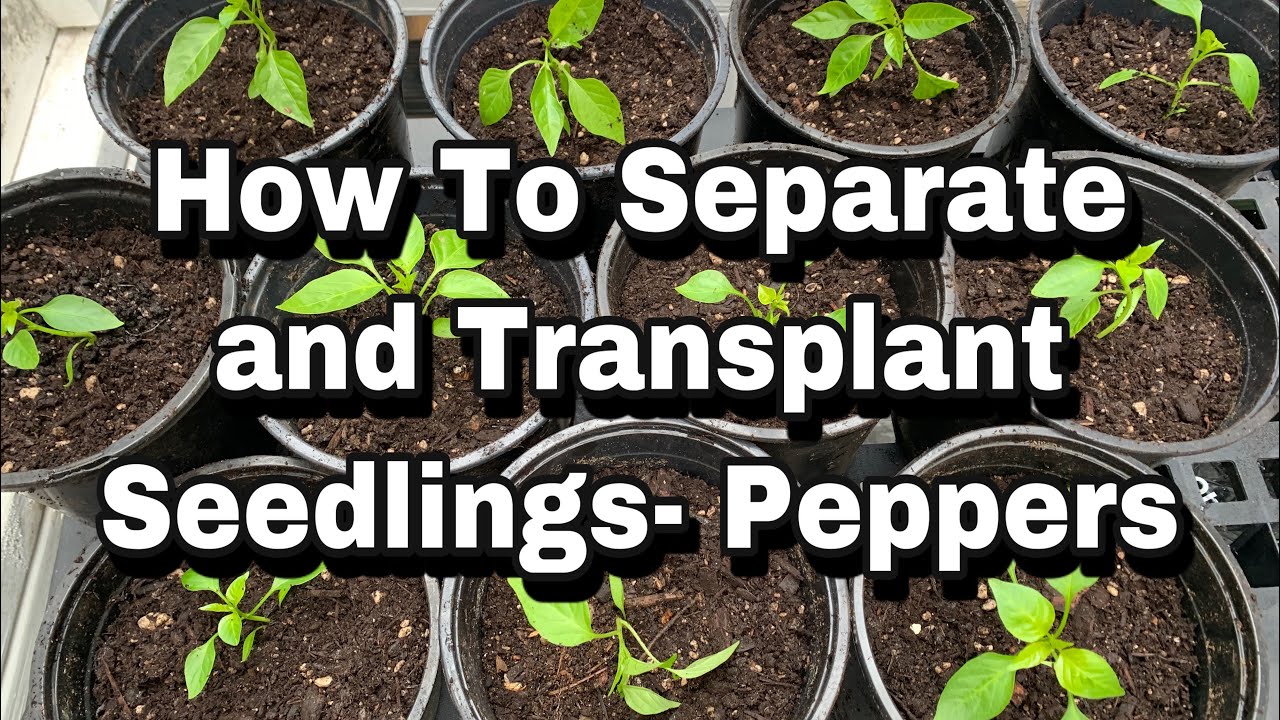
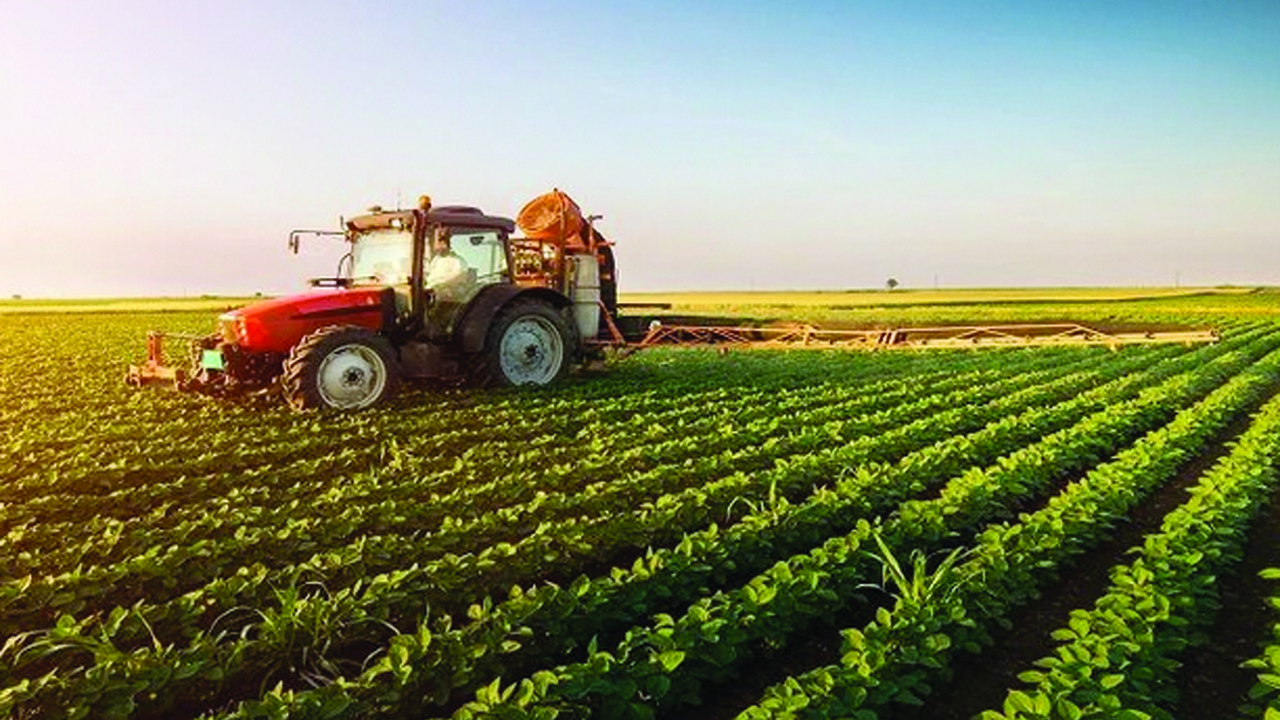
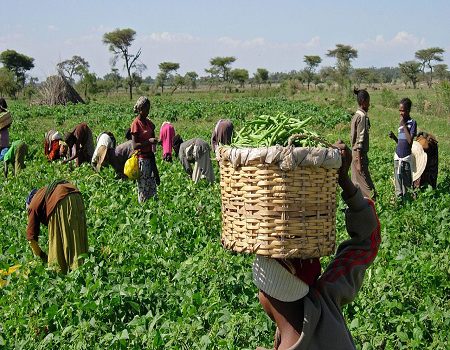
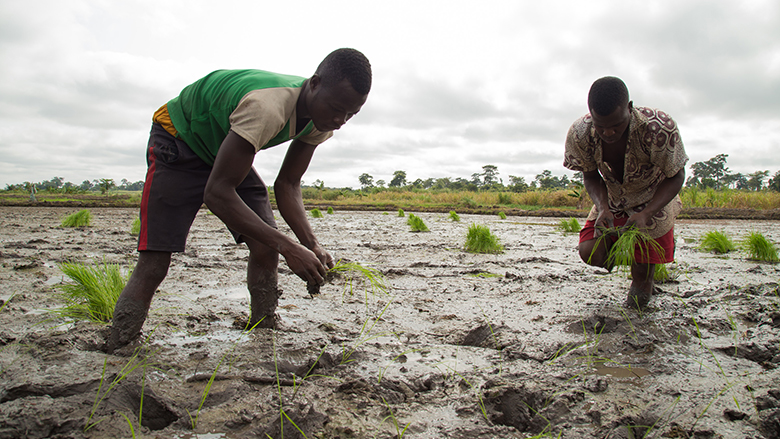
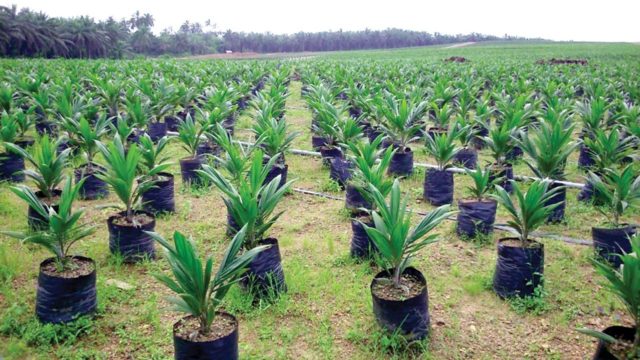
I’m well pleased with your teaching